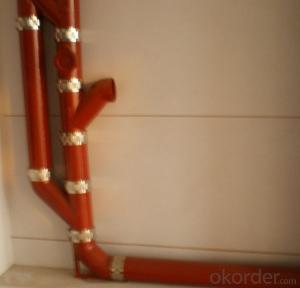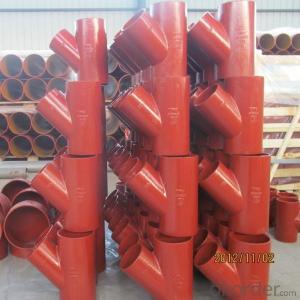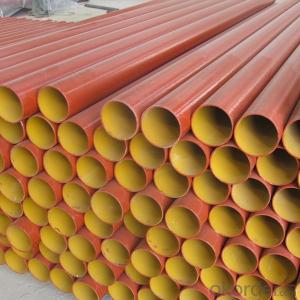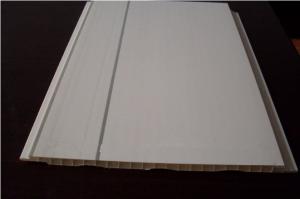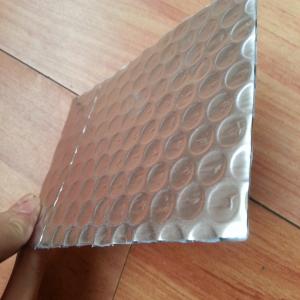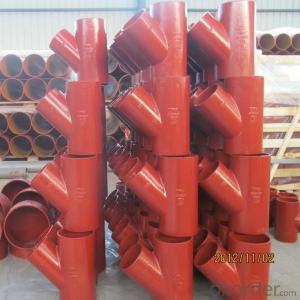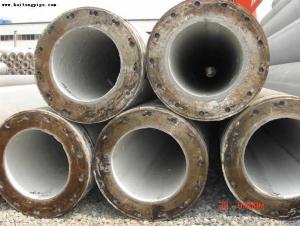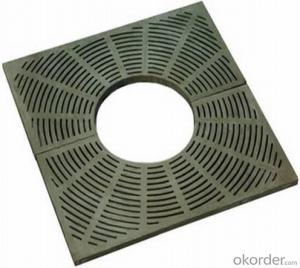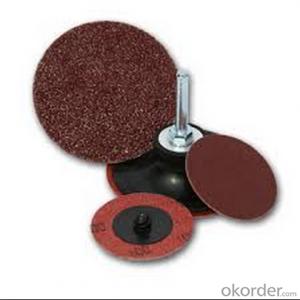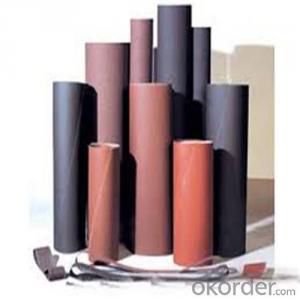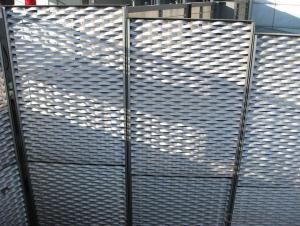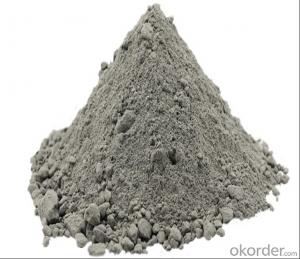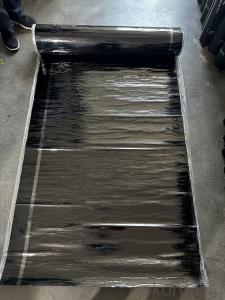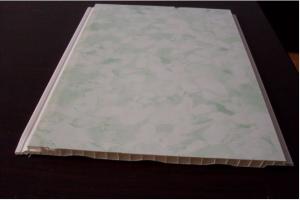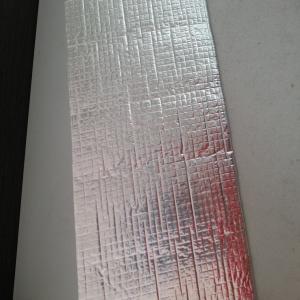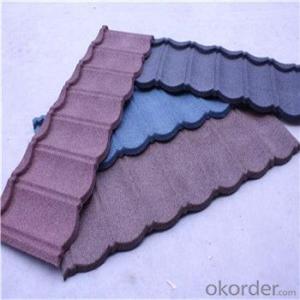CAST IRON PIPE AND FITTING
- Loading Port:
- China Main Port
- Payment Terms:
- TT OR LC
- Min Order Qty:
- -
- Supply Capability:
- -
OKorder Service Pledge
OKorder Financial Service
You Might Also Like
Made from 100% recyclable materials, CMAX epoxy cast iron pipe systems are not only environmental friendly, but also satisfy many properties necessary to withstand the aggressive conditions both internal and external of the pipes and fittings: these properties include its excellent resistance to abrasion, corrosion, impact and fire. CMAX also has low noise transmission compared to common UPVC drainage pipe systems. CMAX is designed as long lasting building materials.
Standard:
CMAX epoxy cast iron pipe systems with nominal size between 40-300mm comply with BS EN 877.BS EN 877 guarantees the quality of the materials, dimensions and tolerances, mechanical properties(like water pressure, tensile strength and brinell hardness) appearance, and the standard coating for the epoxy cast iron pipes, fittings and couplings.
Strength:
Iron is well known for its strength and abrasion resistance. The shape and impact strength of CMAX products are unchanged under exposure of sunlight and weathering, while UPVC and PVC pipes would soften, deform and become brittle under intense temperature change.
Quiet:
CMAX’s sturdy and dense properties reduce pipe vibration a silent drainage system.Studies had proven iron is the quietest material out of all other common drainage system.
Non-Toxic and Non-Combustile:
No toxic gas will be emitted from CMAX in the event of fire. Iron is also non-combustile,so epoxy cast iron pipes and fittings are recoverable after fire.
Anti-Corrosive:
All CMAX epoxy cast iron pipes and fittings are internally and externally finished with corrosive resistant epoxy coating to prevent fouling and corrosion. The epoxy on CMAX epoxy cast iron pipes and fittings provides an excellent exterior under humid and tropical conditions.
Coupling:
Lightweight couplings are specially engineered to guarantee a strong, quick and easy connection between CMAX pipes and fittings. Made from stainless steel with rubber gaskets, the coupling match pipe and fittings non-corrosive properties.
- Q:Im just curious on how long it will take to become a real estate appraiser. Im 21 and working in retail. Im currently in a management training program there, but its not my dream job. I always wanted something to do with real estate. I sat down with a realtor to ask about becoming a realtor and he said with the market being down its not a good idea. so he turned me to real estate appraisal. Im just curious how long it takes and what i need in order to do so.
- Ordenadores para trabajar o para jugar, simples o muy avanzados, siempre a los mejores precios en los sitios web, mi viejo ordenador, también comprado en los sitios web me gustaba mucho pero necesitaba algo más eficiente y más silencioso, el ordenador que compre cumple todas mis expectativas, además de ser muy rápido, con una buena capacidad de almacenaje, es increíblemente silencioso, lo he probado por la noche, en un silencio total y ni no parecía que estaba funcionando, una excelente compra.
- Q:HI,I'm only 13 years of age, and for some reason, i am quite interested in investing in real estate. i've read plenty of books on the subjects, even if i could only about understand about 10% of what I read. i undertsnad that at the moment that the market in this subject is falling? i was wonder if i could still make money in this market, and if i could, could you give me the main points of the how to's? and what are the risk of investing besides losing your property. i know i'm still young, and people are probably thinking this is to complicated for a kid to understand, but i belive that if i wanted to suceed in this investment, then i will. in time that is (:
- I started investing in stocks when I was 15 with 1,000 $. I'm now 17 and have 18,000 $ from stock. Real estates is too young for you to understand. However, I think you get the sense of it. Real Estates aren't doing well now a days. But certain parts are still doing well (relatively small). However, in a few years it will go back up. So buying real estates will leave you profit and its pretty safe. However, it takes time.
- Q:is it good time to be into real estate? is it bad now and if so when do you guys think it will be come better? i am currently a freshman in junior college and really like real estate. i plan to relocate to los angeles, california. is real estate good there in california?
- It is a horrible time to get into Real Estate now, as the market is crashing in America. That being said, I would expect(and don't hold your breath for this as I'm for from an economist) that the government change will assist the economy to turn around, as well as all the interest rises, et cetera. Essentially, you should be fine by the time you get in the market. My biggest advise though, would be to take note of this: You don't need to study real estate to get into real estate - it's sales, or the entry roles are sales anyways, and if you're good at your job you'll climb up the corporate ladder very quickly. You simply need to charismatic and influential (could you persuade one of your friends that blue is the very best color int he world? Are you good at debates?). For example, if you were to do a degree in business, you could follow that career path if you decided that you enjoyed it, or if the market is still average. At any time though, you can go into real estate....just know that if you move at a later stage, you may have to take a pay cut and start back at the bottom! Best of luck!
- Q:How does one go about becoming a real estate developer? I am currently working towards getting my real estate license to gain more experience in real estate in general, and also to have cash flow. I'm also a student in college pursuing a degree as well but my goal would be to establish my own development firm in the next few years and work on that full time, but have my degree as a back-up just in case. How else can I go about pursuing this career?
- Here are the steps on how to become a real estate developer. 1) Acquire the education needed to become a real estate developer. Although many real estate developers today gained entry into the field without qualifications, most developers have acquired at least a bachelor's degree in finance, economics or real estate. You may have already acquired this education prior to starting your own small business. 2) Gain the necessary experience for becoming a real estate developer. Real estate development requires a certain level of knowledge in finance, economics, valuation and business. Furthermore, real estate developers need to acquire a level of savvy in business. Such experience may be gained through a training program at a real estate development firm or an investment bank. Alternatively, you may hire someone with the necessary relevant experience. 3) Build the necessary funds needed for a career as an independent real estate developer. These funds may be acquired through savings throughout your career or from your current small business. The specific amount of funds required obviously depends on what sort of real estate you wish to invest in but can range from hundreds of thousands to tens of millions of dollars. Most independent real estate developers thus start off small by developing family homes. You may supplement your own funds with some construction fund financing, which may be obtained from a bank. 4) Obtain the necessary financing for a real estate development if you don't wish to finance the project yourself. Such financing may be combined with your own funds. Alternatively, you may fund the real estate project with the money of third-party investors. If so, you will only be taking in a small cut of the project's profits instead of the entire share. If you are considering this route, a good business network of investor contacts is essential.
- Q:A real estate agent has a duty to conduct a reasonably diligent physical inspection of the property and is liable for failing to disclose property defects that could have been discovered by a reasonably competent real estate licensee. How would you go about conducting your inspection to meet your duty? What types of "red flags" might you observe that would indicate a potential property defect?
- Real Estate agents are not licensed inspectors. Not sure what state you live in, but this is not the case in the state where I live in....and that is the case with every state I have done business in so I find it very weird that yours is different...are you sure you are not misreading your text? Don't confuse the responsibility of agents with the responsibility of the sellers...a HUGE difference. Agents are NOT legally responsible to find the defects...they are required to be disclosed by the seller...our state has the sellers fill out a buyer disclosure statement that has a list of very, very specific property condition questions. They are NOT required to disclose ANY defect that doesn't appear on that list. Sellers are also not held liable for conditions of the home that they are not aware of...ie. hidden defects. That is where a property inspection comes in...and if the buyer makes the choice not to have one, then that is their problem.
- Q:My wife and I have $72,000 to invest. We are considering purchasing an apartment complex with 2 to 4 units. In general is real estate the best long term invesment or are there better options? A friend of our suggested being a hard money loan lenders (to earn about 10 % a month. We thought that was careless since the principal loan agent could take off with our money at anytime. Thanks for the help.
- Real estate is a great investment option. It can generate an ongoing income source. It can also rise in value overtime and prove a good investment in the cash value of the home or land that you buy. YOu may use it as a part of your overall strategy to begin building wealth. However, you need to be sure that you are ready to begin investing in real estate. Many advisors warn against borrowing money to purchase investments. You should consider this before you purchase a home that you plan on renting out. The best way to do this is to save up and pay cash for the home. At the very least, you need to be able to afford the payments on the property when the property is vacant, otherwise the property may end up being a burden instead of helping to build wealth. YOu should never just rely on the rent covering your mortgage. You will have turn overs in renters, and some may not pay on time. Your credit would be damaged if you did this. It can also take years for the profit to turn profitably instead of just breaking even if you use a loan to purchase the property. When purchasing real estate as an investment, you need to consider the cost of taxes and the way that you plan on renting it out. Often it is easy to go through a rental company and contract through them for repairs and rent collection. This takes away part of the burden of caring for your property, but it will also cost you money. When you are the landlord, you are responsible when things go wrong. A rental agency acts at the middle man and schedules repairs and deals with the tenants for you. If you do not have time to do everything your property needs done, using an agency is a good option. ......Real Estate Agent Bendigo
- Q:I want to become a Real Estate Agent. But I don't know if I should major in Business, or Marketing?
- To be a real estate agent you simply need to meet whatever standards your area has for a license. College isn't actually necessary, but to let you know-- real estate agents work a lot of weekends and evenings, when everyone else isn't working, and they don't make much money unless they are very good, and have a large client base, and that can take years. Follow your passion if you wish, but it is not the glamorous career you may think it is. So far as college goes, if you plan on attending, there will probably be classes on real estate, but not a major. So, major in a related field, such as finance, marketing, etc. and then pursue your license.
- Q:I want to be a mortgage loan officer. Do I need my real estate license right now or can I do loans without it?
- There are licensing requirements to be a mortgage loan officer. But you don't need a real estate license. Check with your state's regulatory agency that oversees licenses.
- Q:Is there a certain license I need to get or just a regular real estate license? Also, if someone could give me a better idea of where to go to get a real estate license. I live in Oregon. Thanks a million!!
- Nope, sure isn't. But, you have to know what you are doing. Would you know the difference between simple cherry floors and imported Italian wormwood that is 15x more expensive? Things like that is what you have to know to sell luxury.
- Q:I live in Knoxville, TN, and I am currently working on by bachelors of accounting with a minor in finance at the University of Tennessee. It has always been my dream to work in real estate, but I don't want to rely solely on a real estate license in today's economy. So, what kind of jobs are out there for those with a real estate license and a business degree as well? And what duties would these jobs consist of? Please be specific! Thanks :)
- because they care about more than money? so... we should have no teachers (which oddly enough shows up on your best majors list, yet it's a humanities degree clearly?)... writers or artists? what would you sell? how many billions do businessmen make off of the arts (movies, music, books)... and even the people that design the items you sell... you just don't plug in a machine and it makes widgets, someone has to design the widget... what a sad world your world would be... also... IF EVERYONE MAJORED IN BUSINESS... what do you think would happen then? how much would that degree be worth? did you hear about supply and demand while taking those business courses? EDIT: The biggest paper shufflers buttocks kissers are in the public sector.... HAHAHAHAHA....OH... HAHAHAHAHAHA..... OH WAIT... AHAHAHAHAHA... little boy, why don't you work a little before you talk about it? public sector workers don't CARE either way half the time... UNIONS... ever been to a post office? but private sector... boy howdy... brown faces, everywhere... and those who don't are fired in non-union shops... yeah, bosses really like folks who stand up to them... yeah, that's the real world... let me guess, you're a boss who thinks you like it when people stand up to you, yet so oddly no one ever does?
1. Manufacturer Overview |
|
|---|---|
| Location | |
| Year Established | |
| Annual Output Value | |
| Main Markets | |
| Company Certifications | |
2. Manufacturer Certificates |
|
|---|---|
| a) Certification Name | |
| Range | |
| Reference | |
| Validity Period | |
3. Manufacturer Capability |
|
|---|---|
| a)Trade Capacity | |
| Nearest Port | |
| Export Percentage | |
| No.of Employees in Trade Department | |
| Language Spoken: | |
| b)Factory Information | |
| Factory Size: | |
| No. of Production Lines | |
| Contract Manufacturing | |
| Product Price Range | |
Send your message to us
CAST IRON PIPE AND FITTING
- Loading Port:
- China Main Port
- Payment Terms:
- TT OR LC
- Min Order Qty:
- -
- Supply Capability:
- -
OKorder Service Pledge
OKorder Financial Service
Similar products
New products
Hot products
Related keywords
